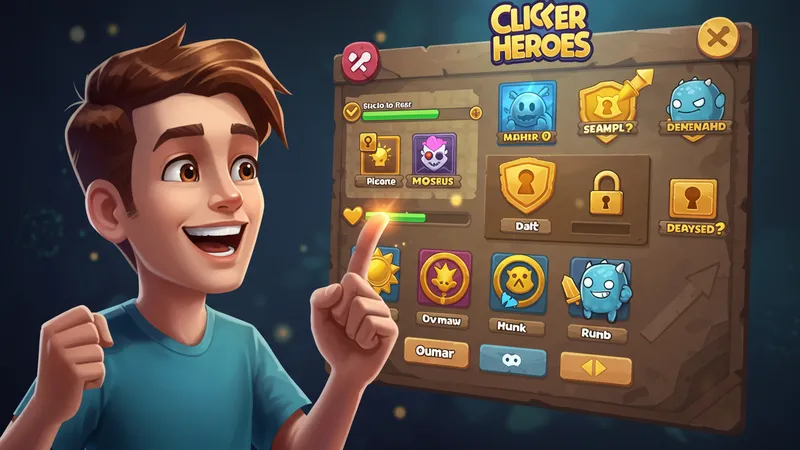
Why Idle Games Are Perfect For Quick Entertainment
Psychological Appeal and Engagement Tactics
Idle games employ powerful psychological triggers that keep users returning for short, satisfying play sessions. The most notable is the progression loop: seeing numerical growth, unlocking achievements, and building virtual empires reinforces positive behavior, rewarding players even in the absence of direct action. This loop is especially effective in fast-paced societies like the United States, where instant gratification is often highly valued.

Games such as Clicker Heroes present frequent small wins—defeating monsters, earning upgrades, or advancing levels—to build anticipation and encourage repeat visits. The regular dopamine hits from progress stimulate user engagement, even if sessions only last a couple of minutes, making the games highly effective for brief stints of entertainment.
Status symbols, leaderboards, and milestone rewards provide extra incentives for U.S. players to re-engage and share accomplishments with friends. Even without a competitive focus, the sense of public or personal achievement enhances replayability and satisfaction. Many idle games also provide social features without requiring the time commitment of live multiplayer play.
By distilling the essence of advancement into small, manageable experiences, idle games have tapped into the psychology behind why quick entertainment can feel so fulfilling. The structure keeps users motivated to check back in, ensuring that each play session, no matter how short, yields tangible and satisfying results.